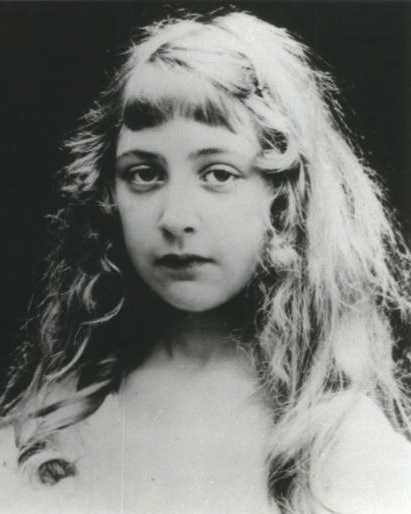Once you’ve gotten yourself started writing, even in the smallest possible steps, and you’ve bumped into and gotten past some of the limiting beliefs I talked about in February and March’s blog and Linked In articles, then you are ready to dive into the lifelong process of learning the craft of writing.
The dream of writing a book is completely achievable. It starts with starting, committing to getting past the obstacles (many of which are internal), and then embracing the long journey of learning how to write well. It can contribute to limiting beliefs if you don’t learn to love this process, so get ready for that adventure.
As Chaucer said, “Lyf is shorte, the crafte so long to lerne.” In other words–it takes a long time to learn how to write well, longer possibly than our lifetime, so embrace that journey.
One person who did that with great alacrity and ultimate success was Agatha Christie.
I really can’t get enough Agatha Christie. Luckily for me, she wrote a lot. Sixty six books and 14 short story collections. Her books have been made into movies, plays, and TV series, even series of series.

Agatha Christie as a child
What is also really important to those of us who write as well as read is that she is THE MOST WIDELY READ AUTHOR on earth.
Who among us doesn’t want that distinction?
What are some of the techniques that make Dame Agatha so popular?
She knows that people love NOT KNOWING. There is something about not knowing that is an invitation, a door open into the unknown, something that we are drawn too even it seems biologically.
She knows that people love KNOWING THAT THEY DON’T KNOW! That is why there is something fishy on the very first page. She doesn’t let you guess that things MIGHT go wrong, in time. No. They have ALREADY GONE WRONG or are JUST ABOUT TO.
She knows that what has gone wrong ACTUALLY MATTERS. It will have an impact, in the case of her genre, a fatal one, on somebody.
She knows that the people who are the suspects fall into two camps: either they matter (main characters) or they are important secondary characters. Each of these is drawn differently. (I’m going to explain in a minute.)
She knows that the world they inhabit needs to be really interesting, virtually a character itself. Her books take place in English country estates, at archaeological digs, at grand hotels.
She knows how to keep you guessing until the end, but there will be a resolution. Something important will be fundamentally different by the end.
How do these apply in, say, memoir?
Make sure there is a mystery to the story. What is the problem that needed to get solved?
Figure that out and then put it on the first page. Give us a scene where things start to go wrong. Then your reader will be drawn into the mystery.
Check to make sure that the mystery matters–that it is significant in at least many people’s live–finding yourself, overcoming trauma, succeeding despite the odds–these are all things that matter.
Identify your main characters and your secondary characters. The main characters need to be full and complex. Give them a good backstory, whether you ever use it or not. For the secondary characters, though, let them be good two-dimensional characters. What do I mean by that? The best example I know of is Agatha Christie’s And Then There Were None, the old movie version which is free on Amazon Prime. The main characters are relatively complex, but the secondary ones are predictable: a judge, a doctor, an entertainer, a cook, a handyman. They aren’t less interesting for being a “type.” They make the story work.
Make sure that the world you’re inhabiting is fully revealed. Just because you lived in it doesn’t mean your reader will understand what it was like to live there. Treat it like a set–give it its full dimensionality, history, weather, culture.
And then make sure that something happens. We read to solve our own mysteries by reading how someone solved theirs. Make sure we know what it was and how it came out. This can be a big shift–the murderer is revealed. Or it can be much more subtle: a shy person becomes, internally, a bit more confidant.
What are some of your favorite mysteries? Do you know mysteries that aren’t in the mystery genre? What mystery is your book solving?

Great advice. Useful. I look forward to writing a book when I retire in May 2019.
Excellent! I have reason to believe that you have some good books in you!